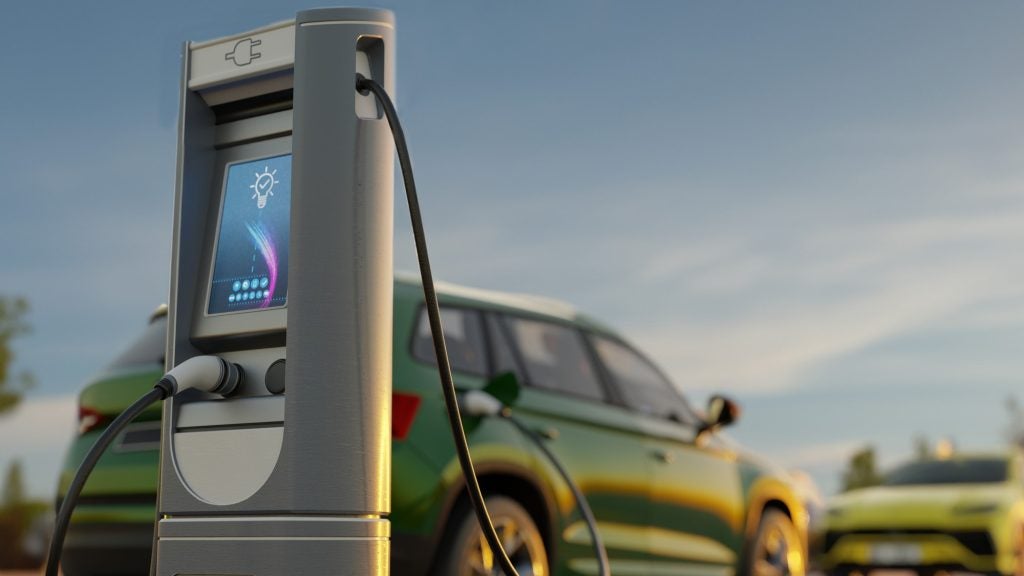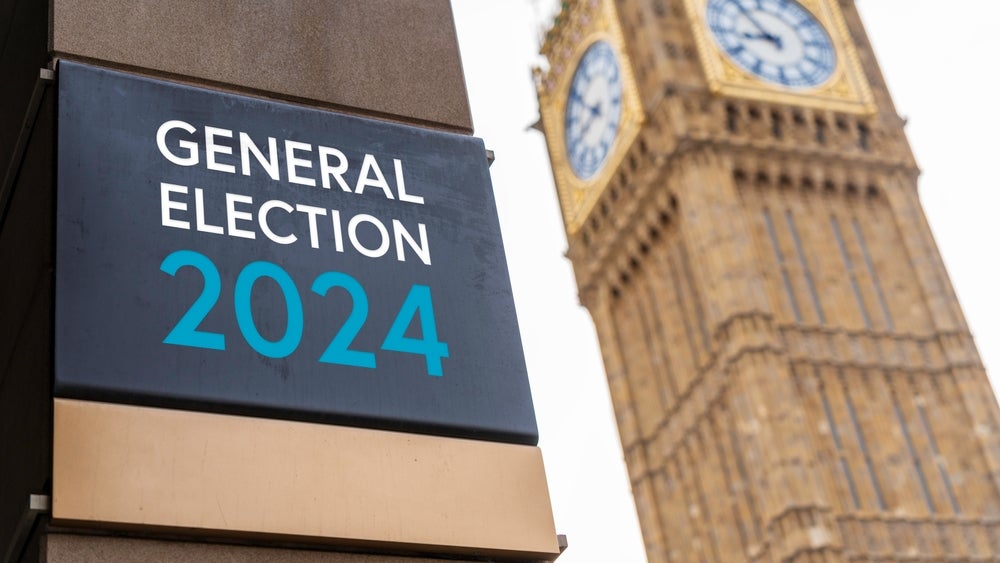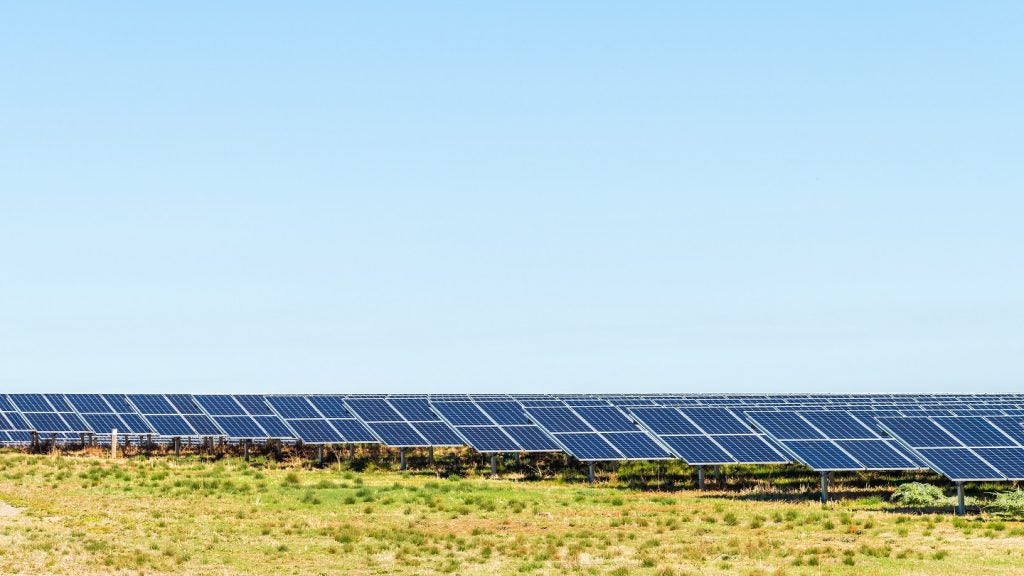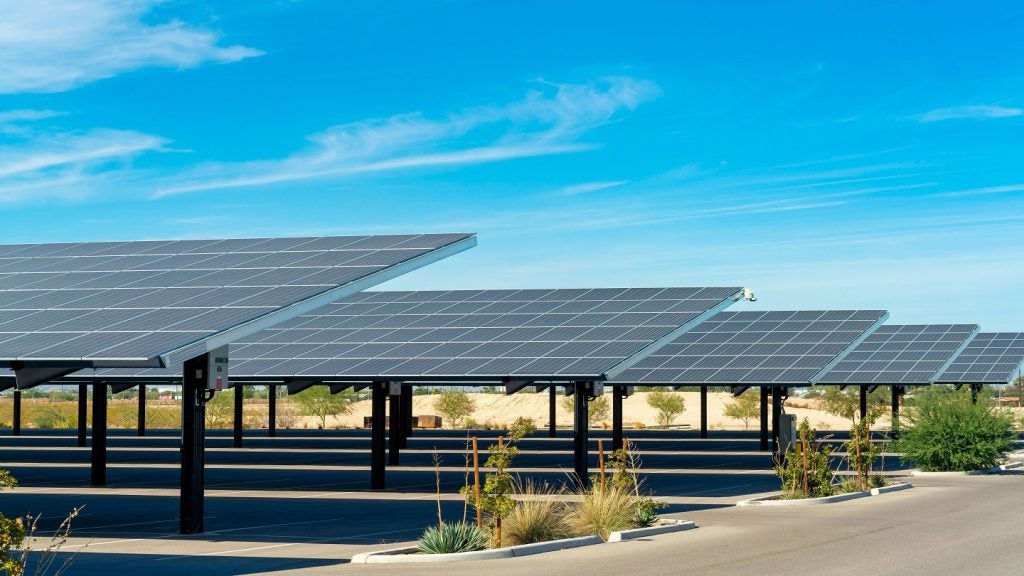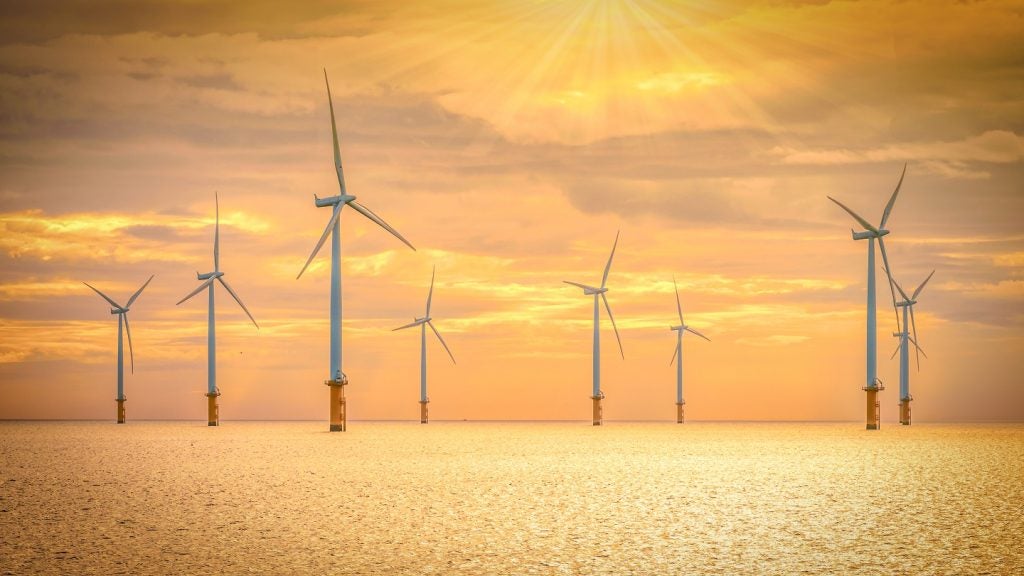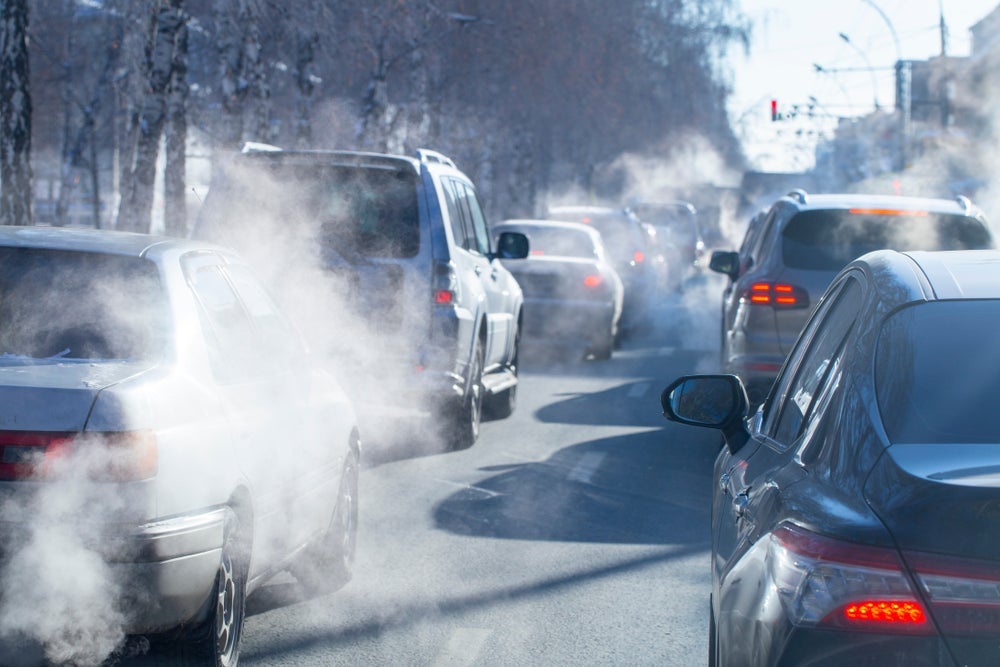One in five public EV chargers in the US do not work, adding a significant hurdle to increasing EV sales in the country, according to a new study by Harvard Business School.
The study, which collected data across the US for over a decade, found that US EV public chargers had a reliability score of just 78%.
Omar Asensio, the lead researcher on the study, said that the data found that EV stations were on average less reliable than traditional stations.
In its 2023 thematic intelligence report on EVs, research and analysis company GlobalData noted that electrification had disrupted automotive leaders, making EV startups swell to meet the initial demand for EVs.
However, rising costs and fickle consumer demand have meant a slowdown in sales of EVs.
Asensio said drivers in North America are regularly finding broken equipment due to a lack of maintenance at the charging stations.
As part of the study, Asensio and his team, supported by Microsoft and the National Science Foundation awards, spent years building AI tools to extract insights into EV infrastructure.
Asensio found that many EV drivers have “charge anxiety,” a fear of keeping an EV powered and moving, due to the lack of reliability with pumps.
This extends beyond “range anxiety,” which was a term originally touted for the way drivers felt about the lack of charging stations across the US.
Production of EV batteries more than doubled in 2021 to 4.55 million units globally, according to GlobalData. This was despite the decline in vehicle purchases during 2020 and 2021 due to the COVID-19 Pandemic.
Whilst consumer demand may have dwindled for the time being, GlobalData still forecasts that EV production will hit 24 million units by 2028, accounting for 22% of the total light vehicle market.


